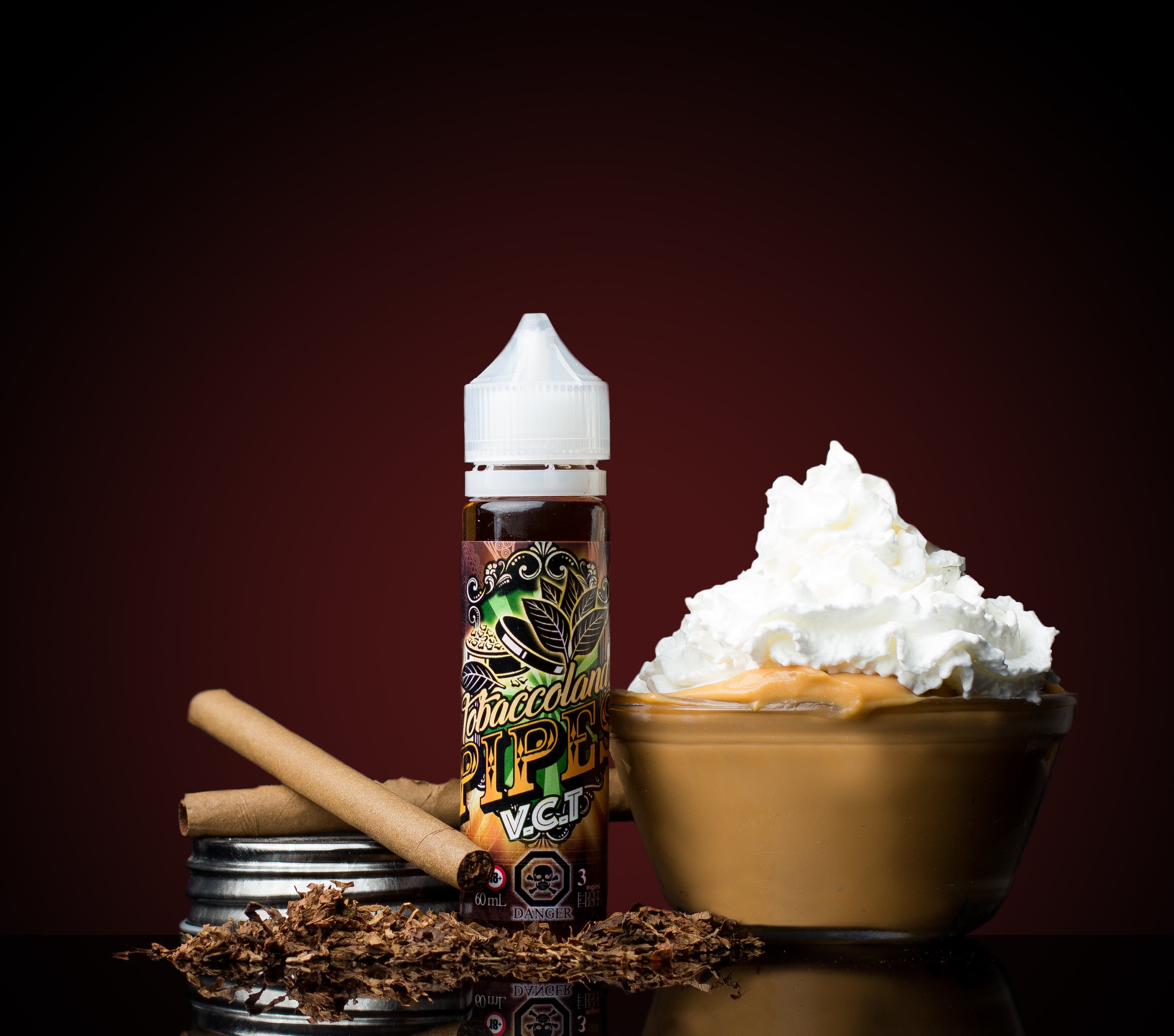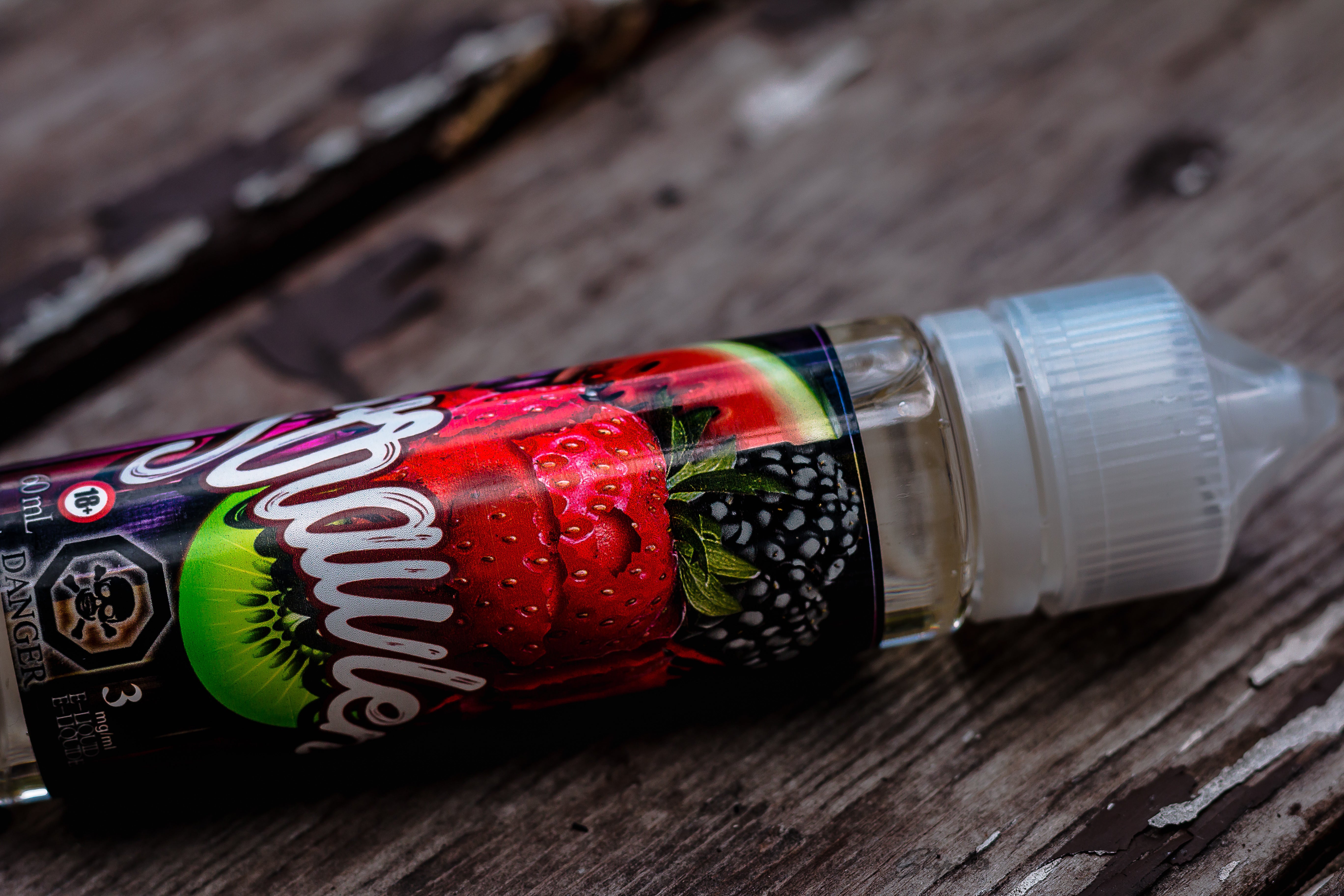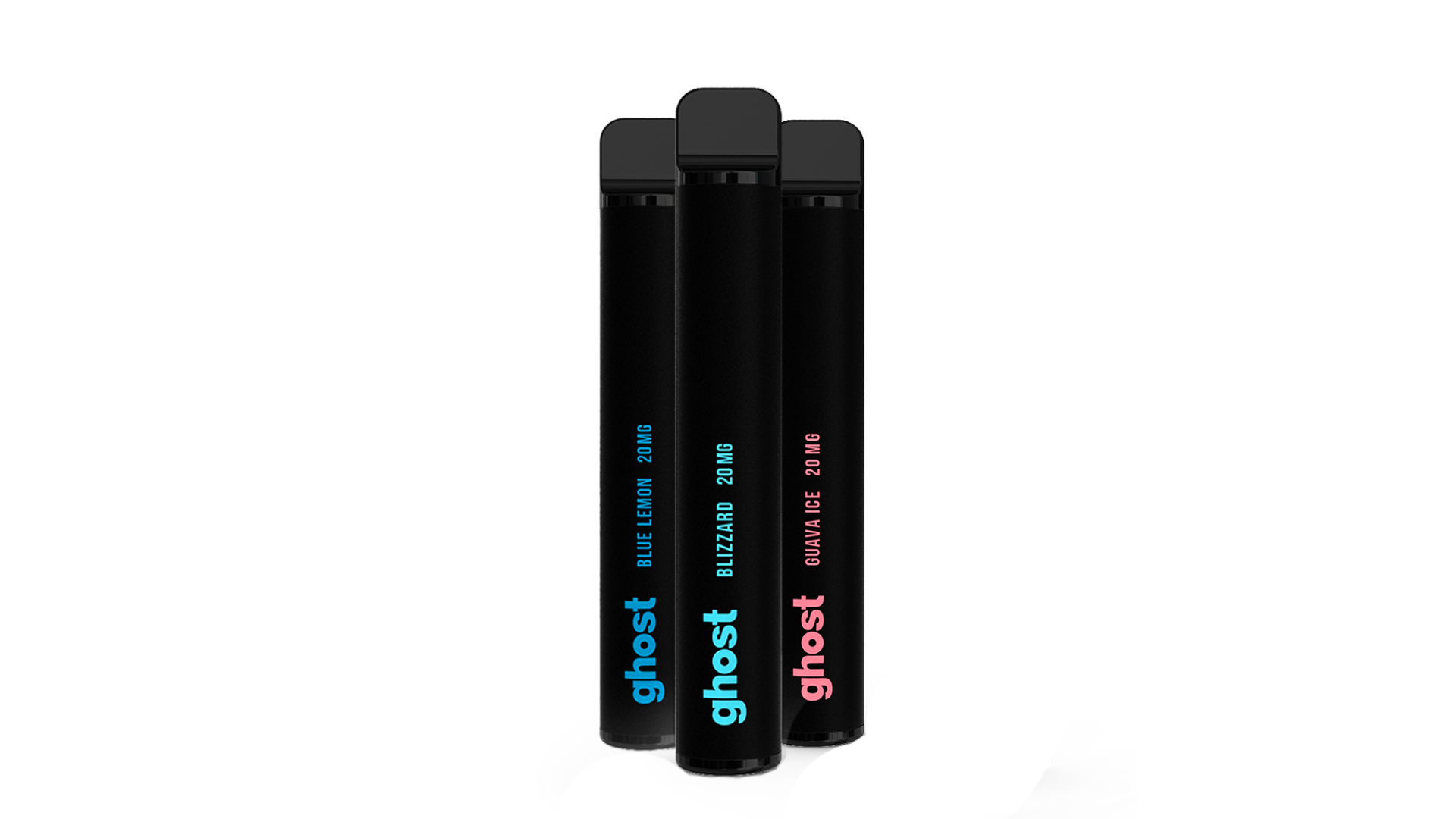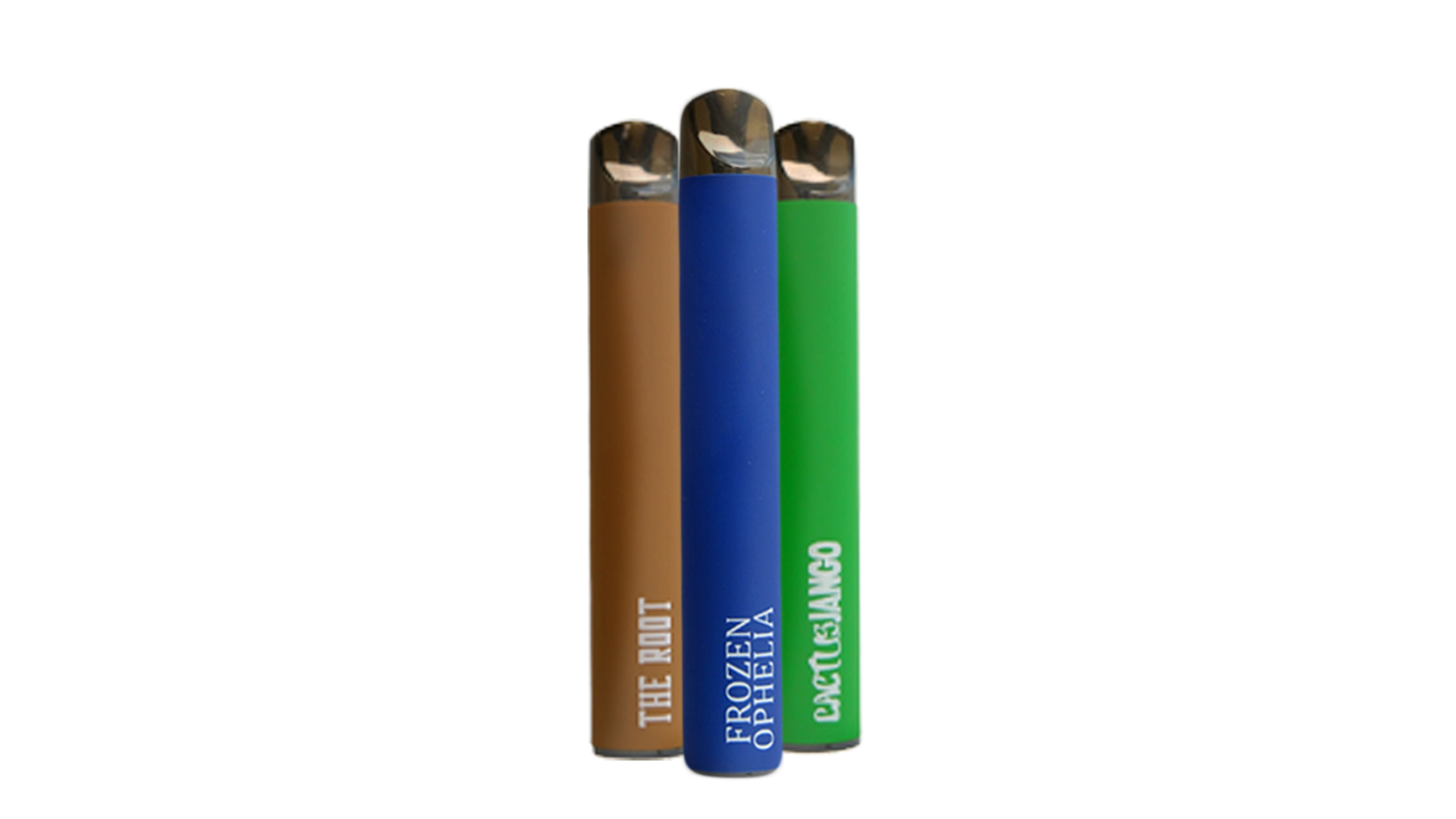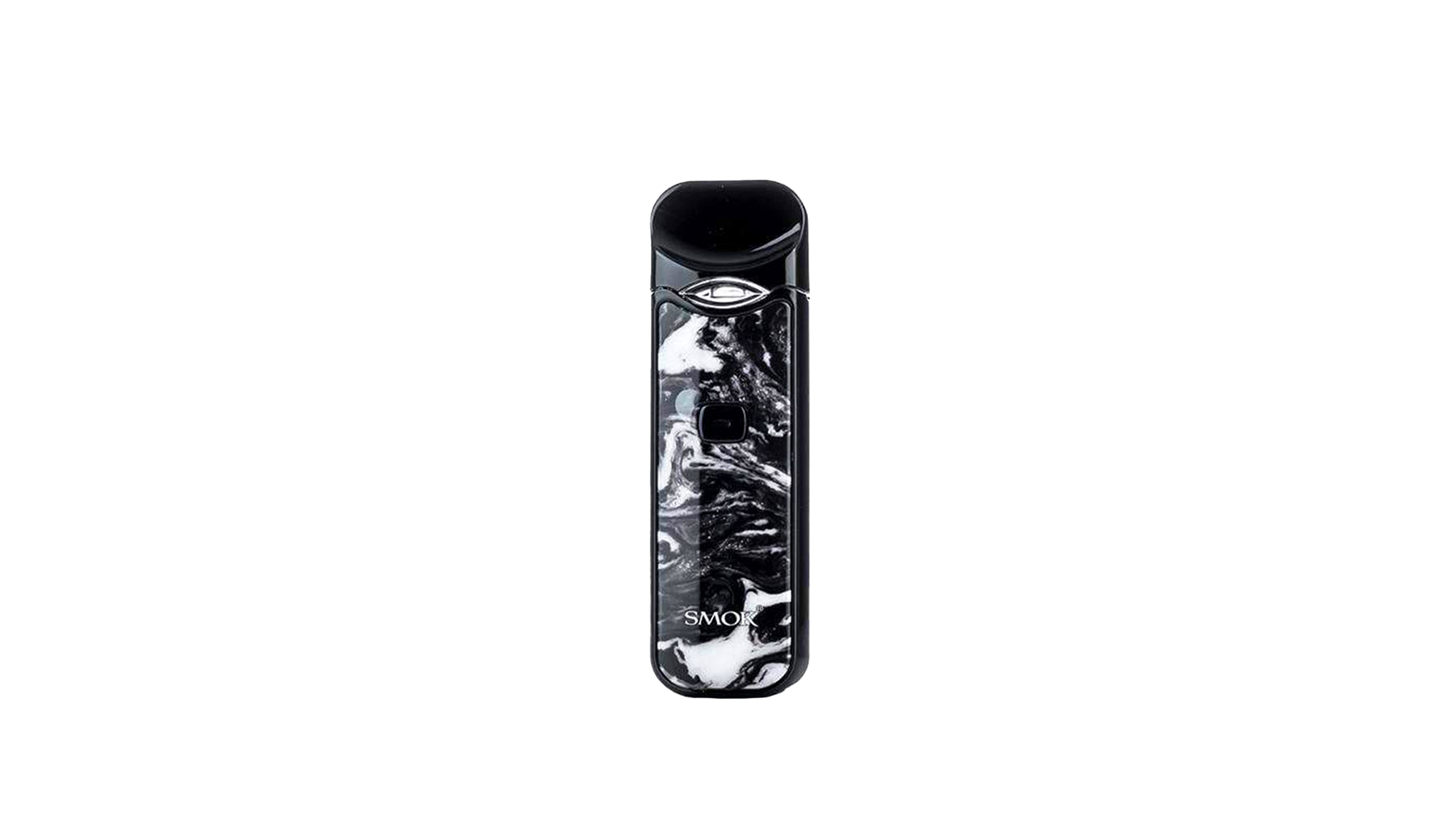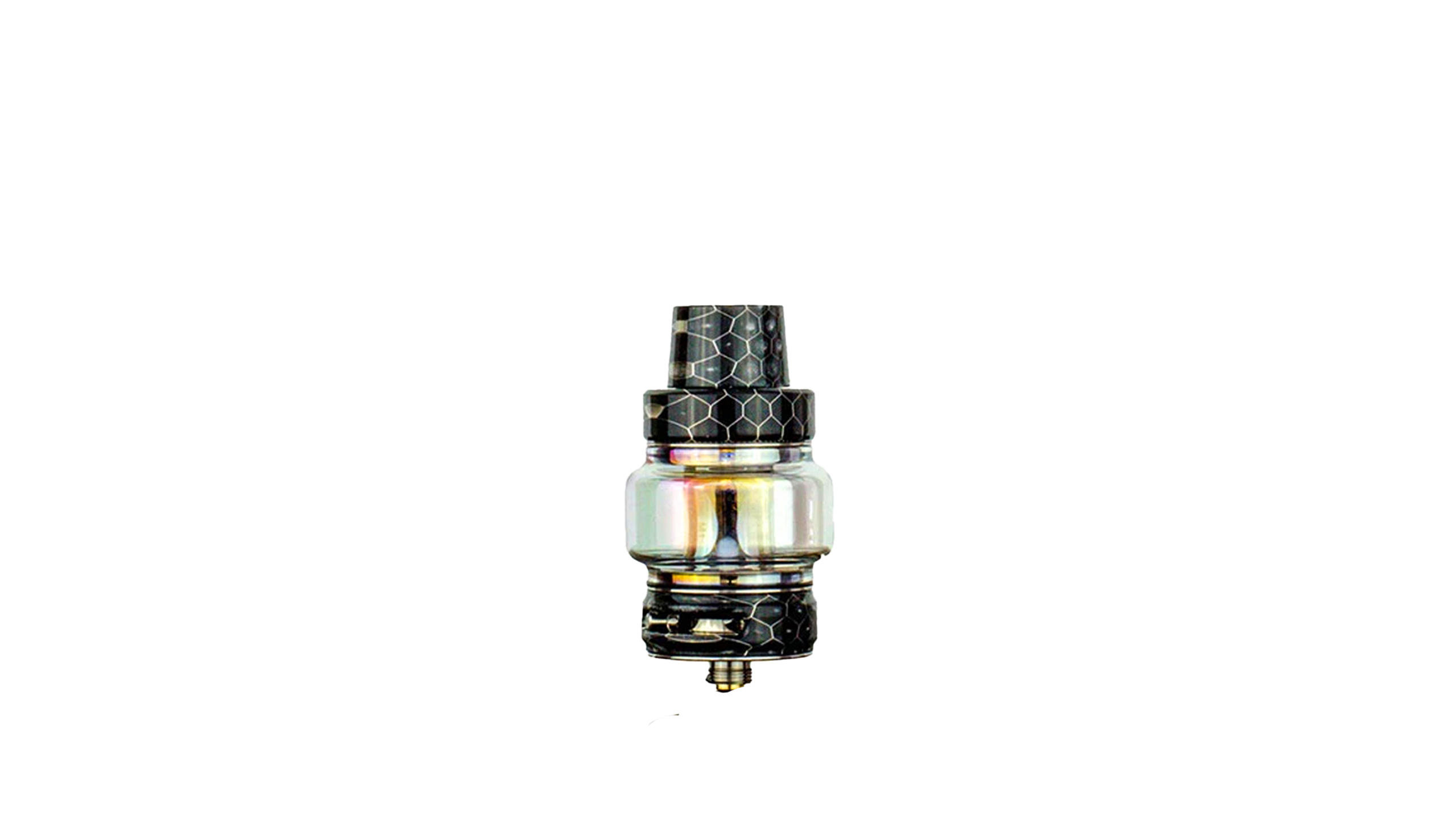The History of Remembrance Day
“We must remember. If we do not, the sacrifice of those one hundred thousand Canadian lives will be meaningless. They died for us, for their homes and families and friends, for a collection of traditions they cherished and a future they believed in; they died for Canada. The meaning of their sacrifice rests with our collective national consciousness; our future is their monument.” — Heather Robertson
This year marks a century since the end of World War I. A hundred years have passed, and yet the nation still comes together in silence at 11am every November 11th to commemorate the sacrifices made for this country. As Heather Robertson so eloquently explains, remembering is one way we give meaning to sacrifice. Building a beautiful future is another.
That future is made possible by coming together as a community which really showcases what Remembrance Day signifies. It’s a day for remembering yes, but it is also a day where we come together as a community. A day where we share and show our appreciation for everything we have and this amazing multicultural country we live in. On Remembrance Day, Canadians enjoy a public holiday, so everyone is given the chance to participate in ceremonies across the country.
At VanGo, community is a fundamental part of who we are, so we wanted to take this opportunity to talk a little more about the history of Remembrance Day, what it means and how we spent ours this year.
The History
On November 11, 1918, World War I came to an end. Remembrance Day, originally called Armistice Day, was inaugurated a year later throughout the British Empire to commemorate veterans of the war. The Canadian Parliament passed an Armistice Day bill in 1921, to hold ceremonies on the first Monday in the week of November 11th. These ceremonies were held privately to begin with. During the 1920s, veterans and families would gather at local memorials or in churches to pay their respects.
In 1931, Armistice Day was renamed Remembrance Day by the federal government. The date was officially set as November 11th, and Thanksgiving was moved to a different date. The government decreed that Remembrance Day would focus on honoring the memory of fallen soldiers, as opposed to the events that led to victory in World War I.
The Ceremony
Since then, Remembrance Day ceremonies have been held in cities across the nation. Ceremonies recall the services of those who sacrificed for their country, but also serve as a reminder to appreciate times of peace. Ceremonies are traditionally held at memorials, schools and other public places. Traditions associated with the ceremony include wearing poppies, the recitation of In Flanders Fields, the sounding of the Last Post and two minutes of silence.
The Present Day
Remembrance Day is a chance to pay tribute not just to those brave souls from a century ago, but also to show our enduring support for the troops who are putting their lives on the line to this day. We are so blessed to live in a country that has enjoyed peace for many years, and that wouldn't be possible without the dedicated service of our Canadian Armed Forces. On Remembrance Day, anyone who considers themselves Canadian can come out and show their appreciation for our troops who are the reason we all get to enjoy living in this amazing country.
Remembrance Day in Vancouver
The team at VanGo paid our respects this Remembrance Day by attending the annual ceremony held at the Cenotaph at Victory Square in Vancouver. The ceremony started around 9:45 AM on the 11th and featured a performance by the Vancouver Bach Youth Choir. The sounds of a 21-gun salute could be heard firing from Portside Park and the Royal Canadian Air Force flew-past in a display of respect. The ceremony was truly special, and we spoke to a few attendees and veterans while there to gain insight into the day's sentiment. You can watch our day at Victory Square here.
We were honored to be able to attend and to hear the stories of our veterans. From the bottom of our hearts here at VanGo, we would like to say thanks to our troops and to everyone who sacrificed for peace.
If you enjoyed this article, and would like to read more from VanGo, sign up for our newsletter below.





